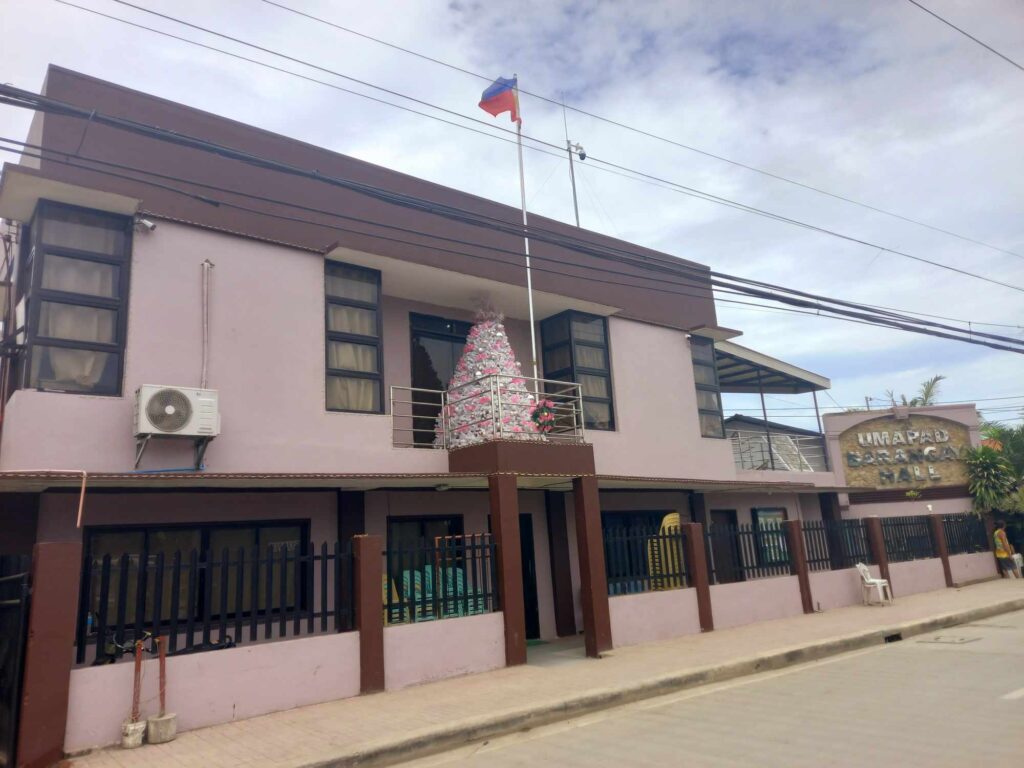
WHITE SALMON — With Mayor Marla Keethler absent, White Salmon’s City Council established a new committee for handling utility billing grievances and heard a progress update on the Bluff Connector Trail feasibility study at their Dec. 4 meeting. This summer, council approved three different leak forgiveness applications, each of which felt subjective without clear guidelines.
Since the proposed resolution provided no criteria for the new committee to evaluate grievances, those sentiments continued. Some councilors claimed it’s impossible to predict every unique situation while others highlighted potential issues related to equity, fairness and civic responsibility. Under the current system, laid out in White Salmon Municipal Code 13.

06.048, residents must report a leak or failure within 72 hours of discovery and provide the necessary materials, like photos of the leak, utility bills and repair receipts to Stephanie Porter, city clerk/treasurer. Alongside other conditions, Porter can then grant a one-time bill adjustment.
If a resident was displeased with the amount received, they would’ve contested the decision in front of city council, but now a three-person Grievance Committee will hear every billing dispute, appointed by the mayor to two-year terms. All verdicts by the committee, including amounts more than $500, will be final. “Each decision would be handled on an ad hoc basis,” said Councilor Jim Ransier.
“There would be a report of information and then the committee would have to make a judgment call, which would be very similar to what city council did previously.” While the resolution does lay out a specific process, staff explanation of basic facts, followed by complainant testimony and opportunities for rebuttal from both sides, it does not, for instance, offer direction on how large a refund the committee should dole out or what factors to consider. “We need to be clear about our expectations and the community needs to understand the expectations we’re able to provide,” said Councilor Patty Fink.
“I just don’t understand how we get to equity and fairness without some sort of criteria.” Speaking hypothetically, Fink questioned what may happen if a non-English speaker filed a utility grievance compared to someone with a legal background. Even if the situations of similar or one person had greater need, Fink said the outcome could look different based on the evidence provided.
“I don’t think you can create a decision tree of every possible scenario for grievances like this,” said Councilor Ben Giant. “While yes, it is uncomfortable, it’s a necessary terminus of grievances that go through policy and work their way through established guidelines and get into this subjectivity, which is the nature of quasi-judicial decisions.” Knowing the committee will have access to the city’s legal counsel and that precedence will come as the committee works through disputes, only Fink voted against the resolution.
Prior to the utility-related deliberations, City Administrator Troy Rayburn updated council on the Bluff Connector Trail, a steep-grade, pedestrian corridor intended to link Jewett Blvd. with State Route 141. Consultants Harper Houf Peterson Righellis (HHPR) expect to complete the feasibility study by early 2025, but there is no timeline for design approval or construction as of yet.
In response to privacy concerns, Rayburn stressed there will no longer be a viewing platform at the top of the proposed stairs as originally planned. Between two stakeholder meetings and one open house, the city has collected other benefits and drawbacks identified by residents. “One of the things I feel very good about, very confident about, is the public outreach we have undertaken with HHPR.
I believe we’ve gone the extra mile,” said Rayburn. “We’ve heard from all different sorts of people regarding opinions, some key considerations that we’re taking into place.” The final stakeholder meeting for the Bluff Connector Trail is scheduled for Feb.
20. Under the consent agenda, councilors notably authorized $12,000 to Washington Gorge Action Program in return for operating the Youth Center in 2025, which is currently being relocated to the Parks Building. As the meeting came to a close, Ransier also announced the second draft of White Salmon’s Emissions Reduction Plan was complete and would be ready for review soon.
.










